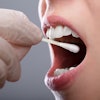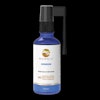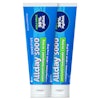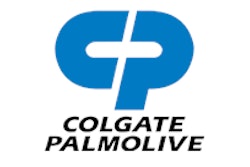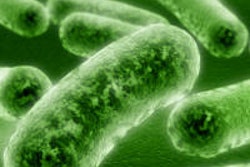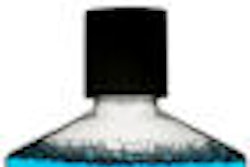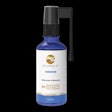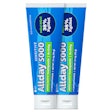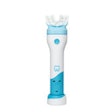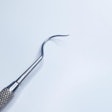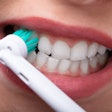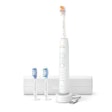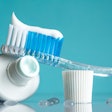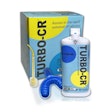Colgate-Palmolive's Plax mouthwash was found to be equally as effective as chlorhexidine in reducing bacteria in oral spatter generated during ultrasonic scaling, according to a new study in the Journal of the American Dental Association (April 2010, Vol. 141:4, pp. 415-422).
Researchers from Guarulhos University and Colgate-Palmolive -- which provided financial support for the study -- evaluated the efficacy of Plax, which has 0.05% cetylpyridinium chloride (CPC), in reducing the levels and composition of viable bacteria in oral spatter.
They randomly assigned 60 participants receiving oral prophylaxis with an ultrasonic scaler to one of four groups: a preprocedural rinse solution containing 0.05% CPC, 0.12% chlorhexidine (CHX), or water, or no rinsing.
Participants reported to Guarulhos University after refraining from undergoing any oral hygiene procedures for 12 hours before their examinations and also from eating, drinking, or smoking for four hours before their examinations.
Airborne microorganisms were collected on blood agar plates placed around the treatment area during the oral prophylaxis procedures. The composition of the spatter was analyzed for 39 oral bacterial species.
The researchers found that CPC and CHX were equally effective in lowering the levels of spatter bacteria and performed better than water and no rinsing (p < 0.05, Kruskal-Wallis test). The composition of the spatter from the control groups showed higher proportions (p < 0.05, Kruskal-Wallis test) of Fusobacterium species and lower proportions of Capnocytophaga species when compared with the spatter from the CPC and CHX groups.
"Owing to its strong antibacterial effect and the fact that it has fewer side effects than CHX, a solution containing 0.05% CPC may be a good alternative to that containing 0.12 CHX as a preprocedural mouth rinse used to help decrease the level of contamination in spatter," the authors concluded.
Copyright © 2010 DrBicuspid.com
